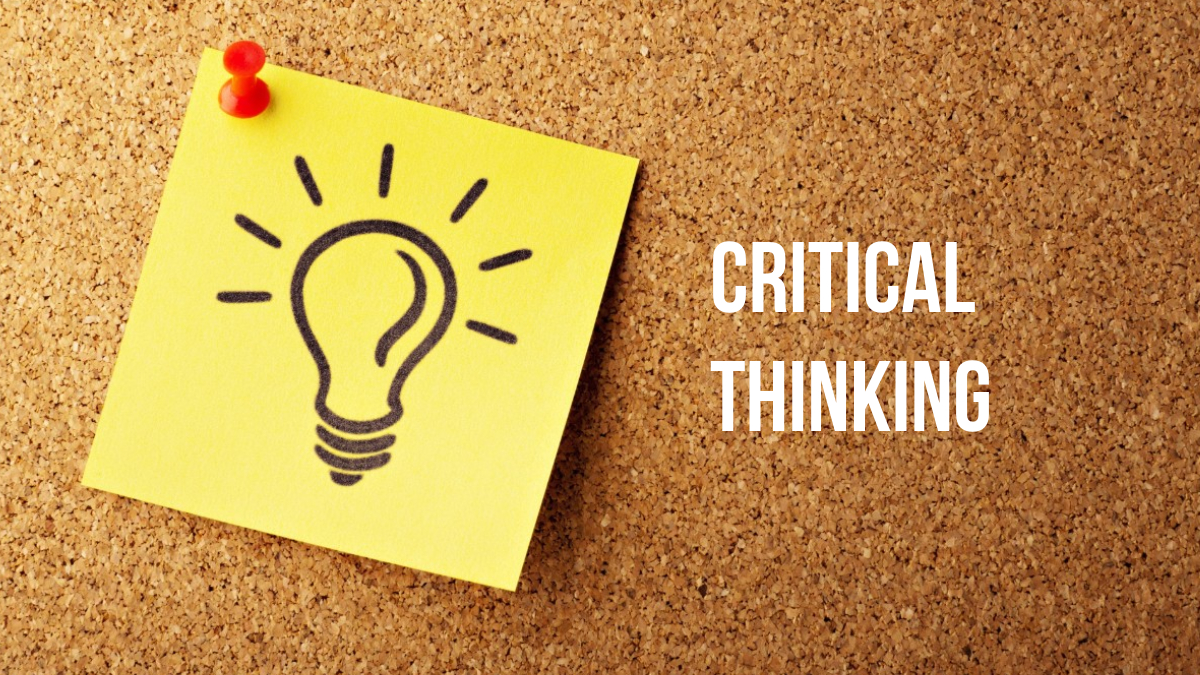As parents and educators, one of the most important things we can do is help our kids develop critical-thinking skills that will serve them throughout their lives. There is an overwhelming amount of information at our fingertips, and we want our kids to be able to dive in to important topics as opposed to just listening and accepting what they hear or read from a single source.
Critical thinking enables learners (and adults) to take in information from multiple sources, analyze it, and make educated decisions. Without these skills, people are vulnerable to manipulation because they passively take in and accept information instead of evaluating it to decide if it has merit.
Teachers and parents can help kids develop in-depth thinking skills by being mindful of asking the right types of questions:
- Ask questions that have more than one right answer. This will add unpredictable layers to the conversation, and it allows kids to think creatively instead of trying to give the one correct answer.
- Help kids make decisions based on the pros and cons. Evaluate choices later with a follow-up discussion.
- Have learners work on projects in small groups so they can see how others approach a problem or task.
- Ask your child to predict what will happen in a given life situation.
- Have your child make flow charts and Venn diagrams to organize their facts.
- Ask kids to defend their opinion on a subject.
- Discuss literature — analyze characters and their choices. Make predictions. Rewrite sections of the story.
- Model for your learner. Identify a problem and verbalize your thoughts as you work toward a decision.
Critical thinking helps learners examine the integrity of information, and in our ever-changing technological world, it is a “must-have” skill.

